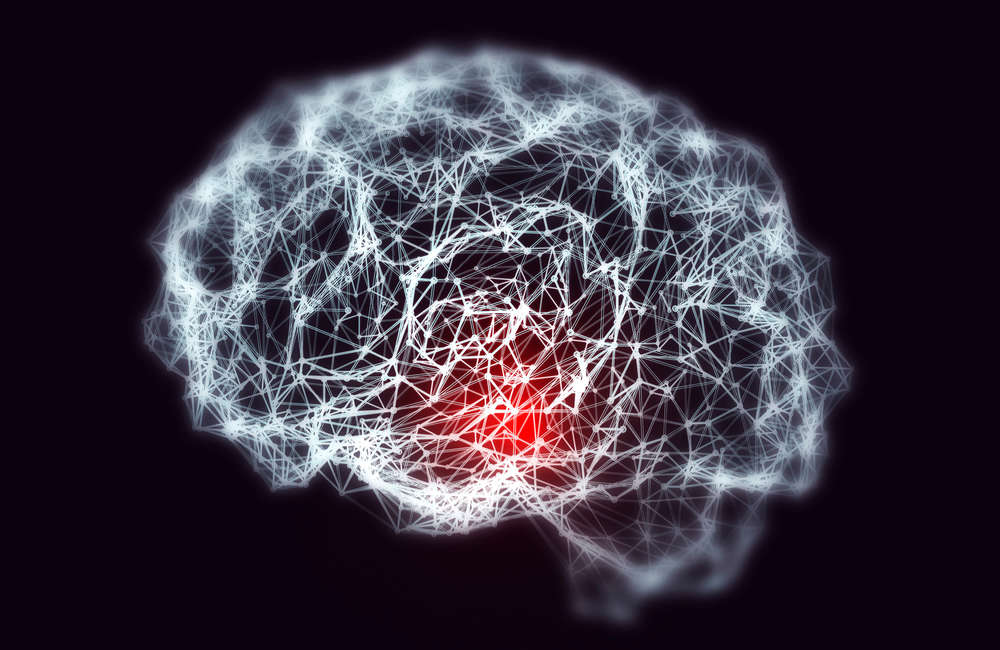
Millions of elderly people have a form of dementia that has been misdiagnosed as Alzheimer’s disease. One expert has called it the most important dementia finding in years.
The condition is limbic-predominant age-related TDP-43 encephalopathy, or Late and it shares similar symptoms to Alzheimer’s but it is a well defined disease. This could somewhat explain why a dementia cure has failed so far.
Dementia is not a single disease but is the name for a group of symptoms that include issues with someone’s memory and thinking. There are lots of different types of dementia, alzheimer’s is said to be the most common and most researched.
It is now thought a third of alzheimer’s in elderly people may actually be Late. Late appears to affect people over the age of 80. One in five of this age group has Late meaning the pupil health impact of Late is large. Late tends to cause a more steady decline in memory experts.
In this moment of time there is no specific test for dementia, signs of it can sometimes be seen in the brain after death. Late appears to be linked with the build up of a certain protein (TDP-43) in the brain whilst alzheimer’s is linked to two other brain proteins. Trails of drugs to reduce protein in the brain that have thought to cause Alzheimer’s have failed.
Lead author Dr Pete Nelson, from the University of Kentucky, said: “It’s been there all along obviously but we are just first recognising it.
“Alzheimer’s disease is something that everyone knows about – it’s a way of getting dementia – but there are different diseases as well and this disease we are calling Late is one of the most common, and so it is sort of an exciting time to begin and do research and trying to optimise and develop therapies.
“There is a lot of work to be done. This is more of a starting point than a finish point.
“There’s no doubt that many people who were previously called Alzheimer’s, in fact, did not have Alzheimer’s.”
Prof Robert Howard from University College London said: “This is probably the most important paper to be published in the field of dementia in the last five years.
“Treatment trials of drugs that are designed to work against Alzheimer’s will not have any efficacy against Late and this has important implications for the choice of participants in future trials.”
Prof Tara Spires-Jones, an expert in dementia at the University of Edinburgh, said: “This paper is important because we know that dementia symptoms can be caused by many underlying diseases, and it is essential to understand what causes the diseases in order to develop targeted treatments.”